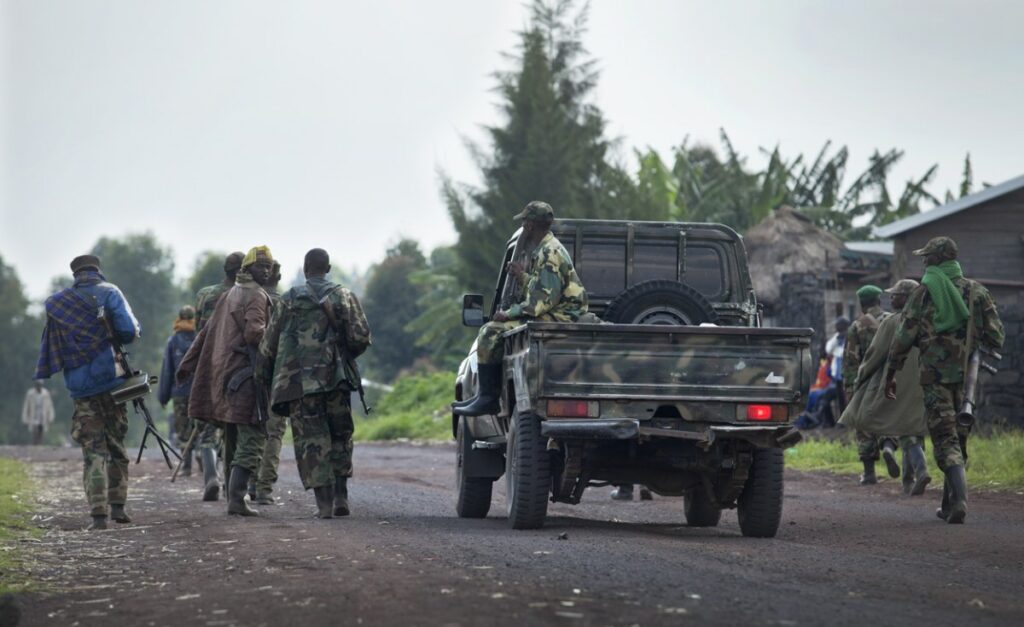What is the purpose of declaring a ‘State of Siege’ in the Democratic Republic of Congo?
Brave Voices Silenced: Arrests of Critics Under DR Congo’s ‘State of Siege’
In recent months, the Democratic Republic of Congo (DRC) has been in the spotlight for imposing a ’State of Siege’ in the provinces of North Kivu and Ituri in response to escalating violence and threats to public security. While the government claims this as a necessary measure to restore order, there have been concerning reports of crackdowns on dissent and arrests of critics, including journalists, activists, and opposition figures. These arrests have raised fears of further erosion of freedom of expression and human rights in the country.
Background on the ‘State of Siege’
The ’State of Siege’ was declared by President Felix Tshisekedi on May 6, 2021, following a surge in violence perpetrated by armed groups in the eastern regions of the DRC. This measure gives security forces expanded powers to arrest suspects, conduct searches without warrants, and impose curfews and restrictions on movement. While the government argues that it is necessary to combat the insecurity in the region, critics point out that it could be used to stifle dissent and target political opponents.
Arrests of Critics and Human Rights Violations
Since the imposition of the ‘State of Siege’, there have been reports of arbitrary arrests of individuals critical of the government or associated with opposition parties. Among those detained are journalists reporting on human rights abuses and activists advocating for peace and justice in the region. Human rights organizations have raised concerns about these arrests and the lack of due process, with many detainees held incommunicado and without access to legal representation.
The crackdown on dissent is not limited to arrests but also includes intimidation, harassment, and threats against individuals speaking out against government actions. This has created a climate of fear and self-censorship among journalists and activists, who now face the risk of reprisals for their work.
International Response and Calls for Accountability
The arrests of critics under the ‘State of Siege’ have drawn international condemnation, with calls for the DRC government to respect human rights and uphold freedom of expression. The United Nations, European Union, and various human rights organizations have urged the authorities to release political prisoners and ensure a fair and transparent judicial process for all detainees.
In response to the criticism, the DRC government has defended its actions, stating that the ‘State of Siege’ is necessary to protect civilians from armed groups and restore peace in the region. However, the ongoing arrests of critics and the silencing of dissenting voices raise questions about the government’s commitment to upholding democratic principles and human rights.
Conclusion
The arrests of critics under the ‘State of Siege’ in the DRC highlight the challenges facing freedom of expression and human rights in the country. While the government has a legitimate interest in combating insecurity and protecting its citizens, it must ensure that these efforts are carried out in accordance with international human rights standards and respect for the rule of law. The international community, civil society, and local activists play a crucial role in monitoring and holding the government accountable for its actions, advocating for justice, and safeguarding the rights of all individuals, including critics and dissenting voices in the DRC.
Upholding Freedom of Speech and Action Amid Martial Law
Human Rights Watch has reported that two activists who spoke out against the “state of siege” in the Democratic Republic of Congo’s eastern provinces have been detained without charge since August 1, 2024.
<p class="story-body-text" data-
